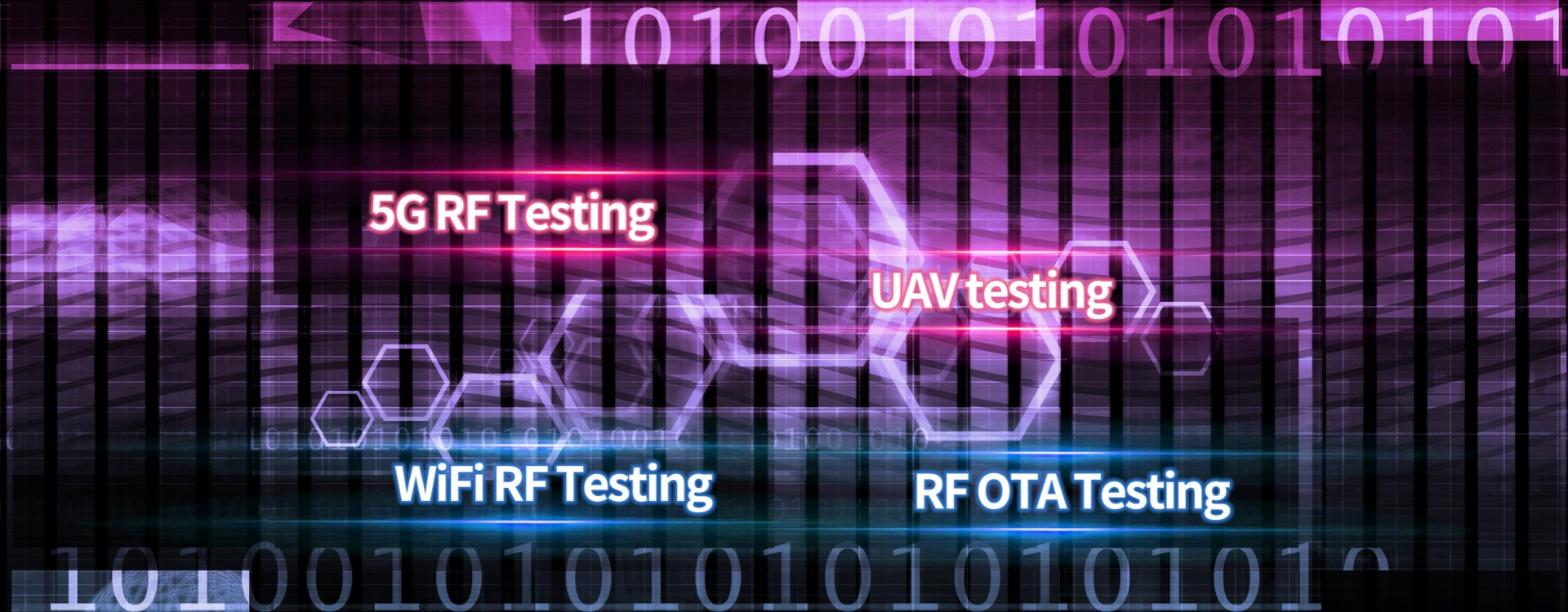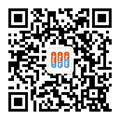Deeplight - Seven certifications related to the export of UAV to Japan
1. Introduction to the drone
Unmanned aerial vehicle (UAV) is an unmanned aircraft operated by radio remote control equipment and self-provided program control device. UAV is actually a general term for unmanned aerial vehicles, which can be divided into unmanned fixed-wing aircraft, unmanned vertical take-off and landing aircraft, unmanned airship, unmanned helicopter, unmanned multi-rotor aircraft, unmanned umbrella wing aircraft and so on. Compared with manned aircraft, it has the characteristics of small size, low cost and easy to use. At present, Chinese civil and commercial UAV manufacturing technology is becoming more and more developed, and a large number of products are sold to Japan. Compared with other electronic products, UAV is a relatively new type of electronic products. So what kind of certification do drones need to export to Japan or sell in Amazon?
2. What certification do you need to do for drone export to Japan? What certification do you need to do to sell your drones on Amazon Japan?
(1) TELEC certification, also known as Japan Radio Law certification or MIC certification, UAV itself has wireless functions (such as Bluetooth WIFI2.4G3G4G5G radar technology), TELEC certification is a compulsory certification for Japanese wireless products, all wireless products need to obtain this certification, including drones.
(2) JATE certification, Japan Telecom Law certification, UAV with WIFI, 2G/3G/4G/ and other communication technology can access wireless network operators need to apply for this certification, JATE certification is also a compulsory certification in Japan.
(3) Bluetooth BQB certification, if the UAV has Bluetooth function, you need to apply for Bluetooth BQB certification, compulsory certification.
(4) UAV is an electronic product, and it is necessary to apply for PSE certification of the finished product. If the key component is lithium battery, lithium battery also needs to have PSE certification, which is also a compulsory certification.
(5) In addition, if the UAV has functions such as laser ranging, it also needs to apply for PSC certification in Japan, and PSC certification is also compulsory in Japan.
(6) As an industrial product, UAV can do JIS certification in accordance with the JIS standards applicable to UAV, such as the electronic aspect of machinery.
(7) UAV will also involve electromagnetic compatibility. You can apply for VCCI certification in Japan to ensure that the electromagnetic compatibility of the product in normal use does not affect other electronic products.
3. In addition to the above Japanese certification, drones can do what other tests? UAV reliability test
(1) High and low temperature test. Because the environmental conditions of unmanned vehicle operation are often changeable and complex, and the control ability of each machine to internal power consumption and heating is different, the hardware of the aircraft can adapt to the temperature differently. therefore, in order to meet the operational requirements under more or specific conditions, flight testing under high and low temperature conditions is necessary. It cannot be said that there is no problem for the aircraft to fly in the south, but it is impossible to take off when brought to the north, or the drones are stored in high or low temperatures, and the aircraft has an unknown failure, and so on, for ordinary consumers, such results are unacceptable.
(2) Drop test. Drop test is a routine test for most products. On the one hand, it is to check whether the packaging can protect the product itself to ensure transportation safety; on the other hand, the hardware reliability of the aircraft, after all, like common smartphones, there will inevitably be some small bumps, or accidents, or even falls. Good and reliable hardware performance can greatly improve the ability of the aircraft to resist the outside world, minimize the damage to the machine, and reduce the maintenance time and cost.
(3)GPS star search test. For a UAV aircraft, the GPS module is a very basic hardware requirement, which is one of the important sensor units of the aircraft control system. It can not only provide data information such as location coordinates and flight speed, but also at the same time, help realize accurate hovering, route planning and automatic return and many other intelligent functions. Therefore, the speed and number of aircraft star search are very important for drones. The speed is too slow, you may have to wait for a long time to dare to take off, the number of stars is too few or unstable, lost in the process of flight will actually affect the flight control and safety.
(4) Vibration test. There are many sensors inside the UAV, such as the IMU inertial measurement unit. If the perceived data is affected by vibration, the final result is that the aircraft may be "crazy" and completely out of control. Secondly, the internal hardware structure is complex, the integration strength of the fuselage requires high, and the vibration leads to abnormal hardware connection, screws or modules are lax, etc. At the same time, the vibration of the aircraft itself will affect the stability of the flight and the effect of aerial photography. You know, if you go out often, the road will be affected by the vibration of the vehicle, the take-off and landing or often bump will also be affected by the vibration, so the ability of the aircraft to resist vibration can not be ignored.
(5) Key-press test. UAV control remote control and a lot of function buttons, on the fuselage has the frequency button, battery button, etc., the keys with long-term frequent use of aging and wear, key test is under the maximum use strength, test whether the keys can continue to work normally, the ability to resist aging how strong, after all, the key is broken, flight control and function use will be affected, poor customer experience.
(6) Line bending test. With the development of drone integration, many lines are mall design as much as possible, but will inevitably have some connections between modules, and these lines will appear long-term bending, so the necessary bending test to detect the reliability of the connection between modules is very important, such as under the fuselage, the FPC line, if the damage will break with the fuselage and cannot work; and, once these lines broken or short circuit, can not affect the normal operation of other drone modules.
4. What information do you need to apply for the Japanese UAV certification?
l Block Diagram
Circuit schematic diagram
Specification
Product Dimensions and Size Diagram
user manual
PCB Layout
antenna specification
ISO9001:2008 certificates
BOM diagram
Label
The above is the introduction of Deeplight standard technology about Japan UAV certification, deep light standard technology to do all kinds of certification in Japan for many years, has completed for a number of UAV enterprises in Japan test certification and smooth export sales, in addition to UAV reliability test and other issues, also welcome to contact us for consultation.
Recommended items
-

Deeplight Technology Specific Absorption Rate testing service
The electromagnetic radiation issue of wireless products such as mobile phones has always been a closely watched issue for the public. What is the measure of the magnitude of this radiation? There is a term called SAR here, which is called Specific Absorption Rate in English and commonly referred to as electromagnetic wave absorption ratio or specific absorption rate in Chinese. It is ...View more -

Deeplight wireless products RF radio frequency testing service
Wireless products test items include electromagnetic compatibility EMC test, RF radio frequency test, safety test, SAR test, etc. Among them, RF test is one of the important test areas, and the test cases is relatively large....View more -

Deeplight Technology OTA testing service of wireless products
TRP (total radiated power) and TIS (Total Isotropic Sensitivity) test methods and requirements. (1)TRP test requirements 1) EUT is transmitting at maximum power; 2) Non-portable EUT needs to be tested in free space; 3) Portable EUT test under the condition of human head model ......View more -

Deeplight Bluetooth Profile testing service
Bluetooth Profile test is a mandatory test in Bluetooth BQB certification. In addition, there is another function to verify whether the Bluetooth function is normal and whether it meets the interoperability requirements between Bluetooth products. It is also a project that often test fails in the Bluetooth BQB certification....View more




